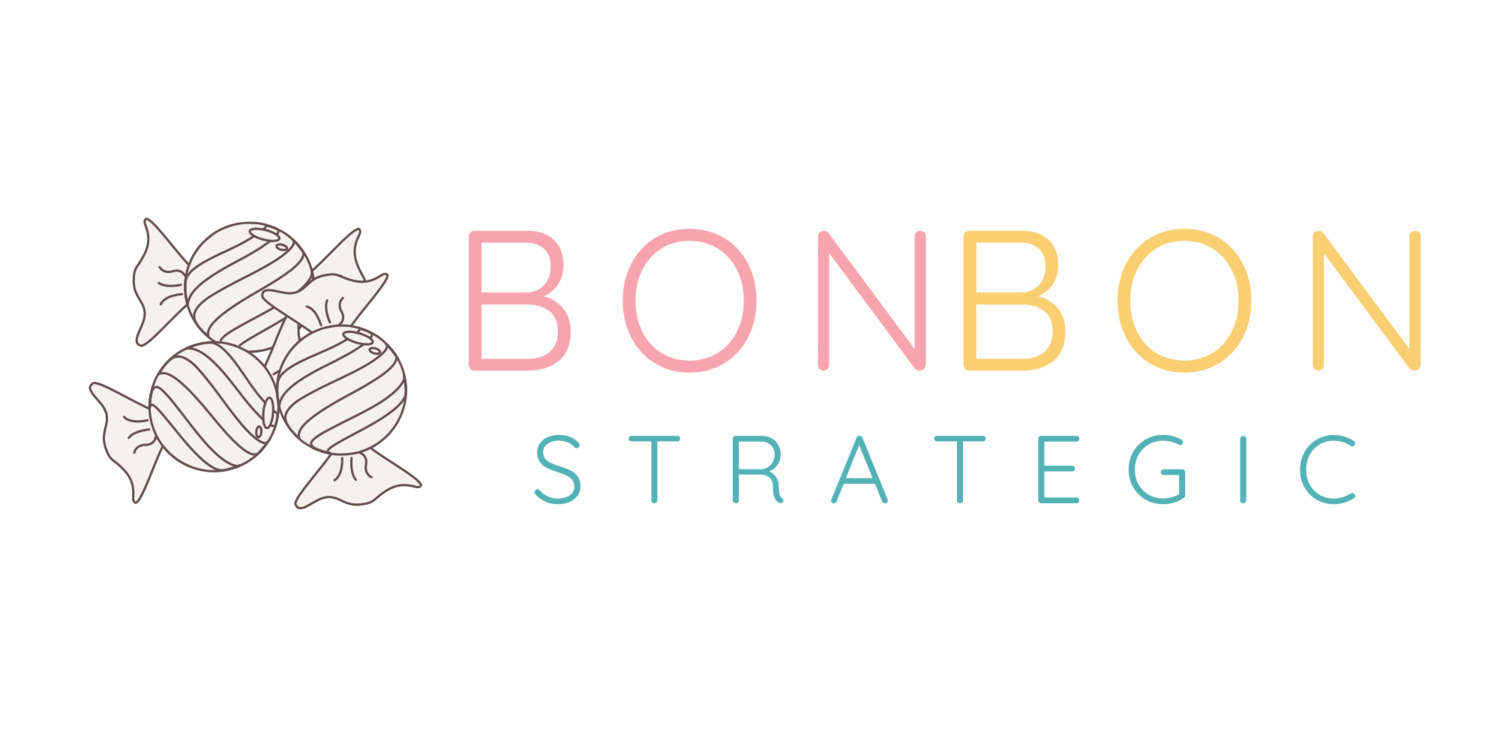What is Operations Management, and why is it so important to your business?
Any company that wants to thrive in today's market must have effective operations management – this is not negotiable, and if you’re trying to run your business without addressing that, you’re probably in a world of hurt!
Below, we'll explore what “operations” even are, and why effective operations management is key to meeting your company's objectives (and keeping your sanity).
What Are “Operations” Anyway?
In laymen’s terms, it’s all the day-to-day tasks you don’t want to do anymore - but have to - in order to keep your business running.
Your operations can look different depending on your business model, size, industry, products & services, personal strengths, working style, team, resources, etc.
However, every business has project management, team communications, HR, accountability, business goals, marketing, software, data management, finances, insurance, taxes, and some legal responsibilities, among others.
What Are the Operations Manager's Responsibilities?
The operations manager is the one driving the bus, so the Founder/Owner/CxO doesn’t have to. They are responsible for overseeing and optimizing various systems and processes that drive the company's daily operations. Effective operations management ensures efficiency, maximizes profits, and minimizes expenses to achieve long-term success.
To do this well requires a deep understanding of the business’ processes and systems, as well as underlying drivers like the business’ function, goals and purpose. The ability to identify areas for improvement and implement changes that will drive better results, is also key to this role.
The Benefits of Effective Operations Management
Pointing out the obvious here, but effective operations management brings a wide range of benefits to a business. By optimizing processes, companies can reduce costs, improve productivity, and enhance customer satisfaction – which can lead to increased profitability and stability. All of these factors can help businesses stay competitive in today's fast-paced business environment.
At a more personal level, effective ops management relieves the small business owner of many of their day-to-day operational burdens. This frees up their time and energy to focus on things only they can do – like, sales, business development or R&D – or to (god forbid) spend time outside of the business entirely.
By improving operations, companies can stay ahead of the curve, and business owners can loosen the chains tying them to their desk. Overall, operations management is a crucial component of any successful business strategy, and a worthwhile investment for any small business.
Key Principles of Operation Management
There are several key principles of operation management that businesses should keep in mind, and that we focus on with our clients. These include optimizing systems, automating or streamlining processes, effectively managing resources like software, applications and SaaS, identifying team gaps, and generally improving efficiency across the board.
Operations management is cross-functional and multidisciplinary – it involves collaboration and communication across different departments and teams within the company, highlighting the importance of teamwork and effective leadership.
Tools & Techniques for Effective Operations Management
Effective operation management requires experience using various tools and techniques to optimize processes and systems. Communication tools like Slack and Microsoft Teams make it easier for teams to collaborate on projects and tasks, organize and share documents, and address delays and other issues. Seamless communication is key to effective task management and accountability, and by having everything in one place, tools like these help teams save time, boost productivity and maintain strong collaboration.
With the advent of SaaS products (software as a service), there’s a tool out there for pretty much anything you could need support around, and the only limitation is your budget. Based on the size of your company, operational needs, and budget, there are a variety of proprietary management systems, frameworks and methodologies available - Agile, Scrum, EOS, and Scaling Up are a few notables – that are designed to help you eliminate waste, streamline processes to increase efficiency, and ensure the timely delivery of products or services.
Other business functions that you may be interested in exploring solutions for includes:
· Collaboration
· Task and Project Management
· Inventory Management
· Documentation
· Process and Workflow Automation
· Customer Support
· Team Training
· Full and Part-time solutions
· Accounting
Operation Management Specialists
BonBon Strategic is an operations management specialist with years of experience. We help companies increase operational efficiency by providing custom solutions, and help business owners spend more time doing what they actually enjoy.
At BonBon Strategic, we use our years of experience in project planning, change management, and process mapping to ensure our solutions create measurable, “felt” value for our clients. We want you to feel supported from the starting gate, and we strive to make the transition into managed operations services as seamless and low-stress as possible for you. Reach out today to find out how our team of experienced professionals can help you drive operational efficiency and improve productivity.
Achieve Your Definition of Success
Whether that’s being able to take a step back from daily operations, or going all-in on growth and scaling - take the first step today and schedule a free consultation call with BonBon Strategic. Together, let's work towards achieving your definition of success with more streamlined and effective operation management solutions.
